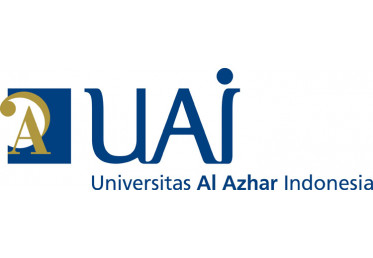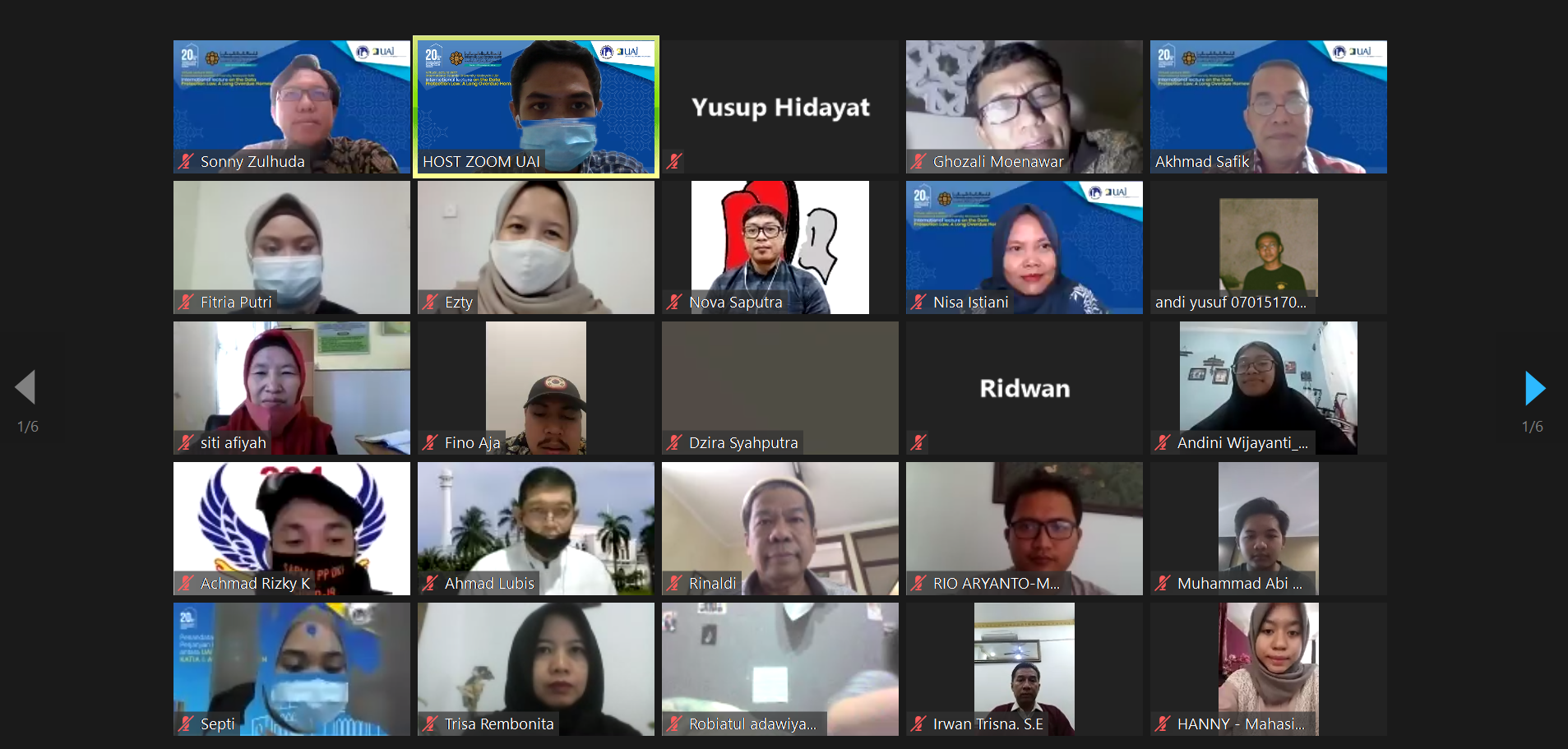Indonesia are one of the ASEAN member states who doesn’t have comprehensive bill or law to regulate data protection and just now discussing the Data Protection Law in the The House of Representatives. Meanwhile, nowadays we live in data-driven world, wherein we are surrounded with digital transaction, that needs to be comprehensively regulated by state in order to secure the safety of people personal information.
On December 29, 2020 University Al Azhar of Indonesia (UAI) and International Islamic University of Malaysia (IIUM) conducted a joint virtual lecture with the theme, “Data Protection Law: A Long Overdue Homework”. The joint virtual lecture was attended by Vice Rectors, Director of Cooperation of UAI, Dean Faculty of Law of UAI, Dean of Ahmad Ibrahim Kulliyyah of Laws (AIKOL) of IIUM and lecturers from UAI and IIUM as well as students from UAI and IIUM.
Dr. Sonny Zulhuda, Associate Professor of IIUM and Ms. Nisa Istiani, SH, MLI, PhD Candidate at the University of Washington School of Law, Seattle were the keynote speakers of the joint virtual lecture. Dr. Sonny spoke on why Personal Data Protection (PDP) Law was needed as its the right to privacy, the new norms that citizen will have to adapt with the implementation of PDP Law and the evaluation of PDP Law draft in Indonesia.
He encapsulated his views on Indonesia PDP Law draft, he postulated that Indonesia PDP Law draft still need separate entity or new entity that will enforce authority for this law. It still needs harmonisation with other related laws to strengthen the PDP Law, furthermore, severe sanctions and punishment of the law is needed so it will create deterrence effect.
Ultimately, Indonesia must know when to transfer or to keep its national data to send it to other countries. In her elaboration, Ms. Nisa Istiani, SH, MLI, conveyed in on the current state of ASEAN countries PDP Law, what commonly regulated in PDP Law, and what will be regulated in the current Indonesia PDP Law draft.
Moreover, she weighed in on why the current regulation of personal data protection law is insufficient as currently Indonesia PDP law regulated partially by Government Regulation No. 82 of 2012 on Electronic System and Transaction Operation, The Ministry of Information and Communication Regulation No.20/2016 and Law No. 11 of 2008 regarding Information and Electronic Transaction.
The joint virtual lecture officially concluded after QnA session and group photo taken, as the joint virtual lecture concluded, all of the keynote speakers elucidations and perceptions hopefully will raise participants understanding and significance of PDP Law and will enable relevant stakeholders to amend the current Indonesia PDP Law draft.
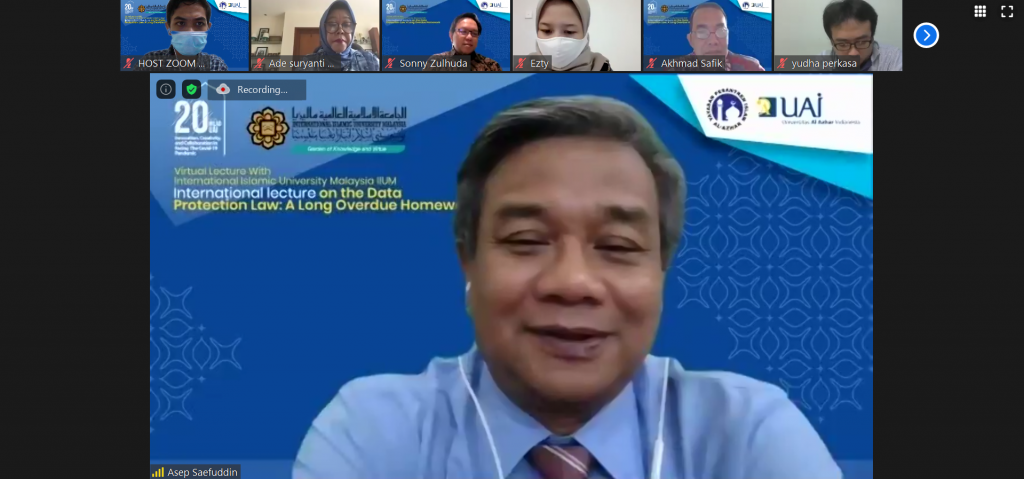
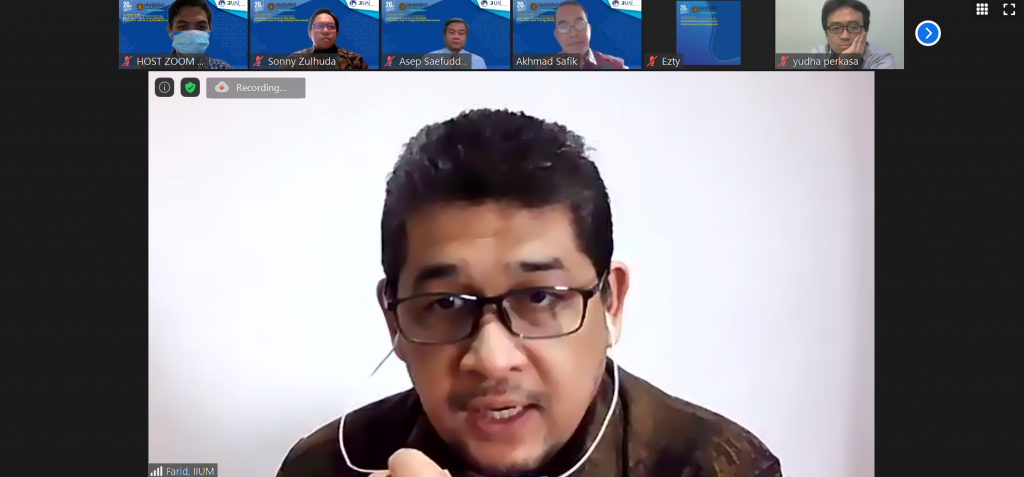

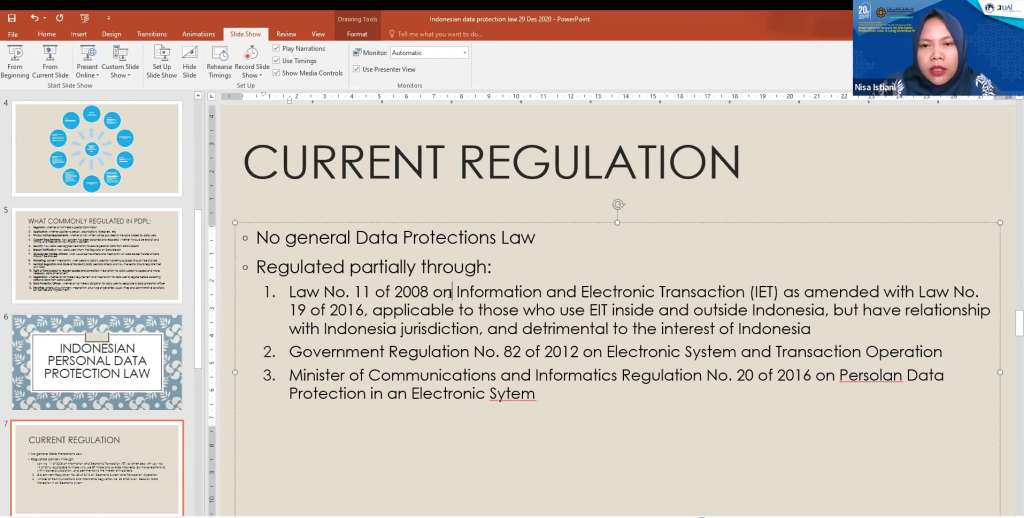
-Bagus Ramadhan-
